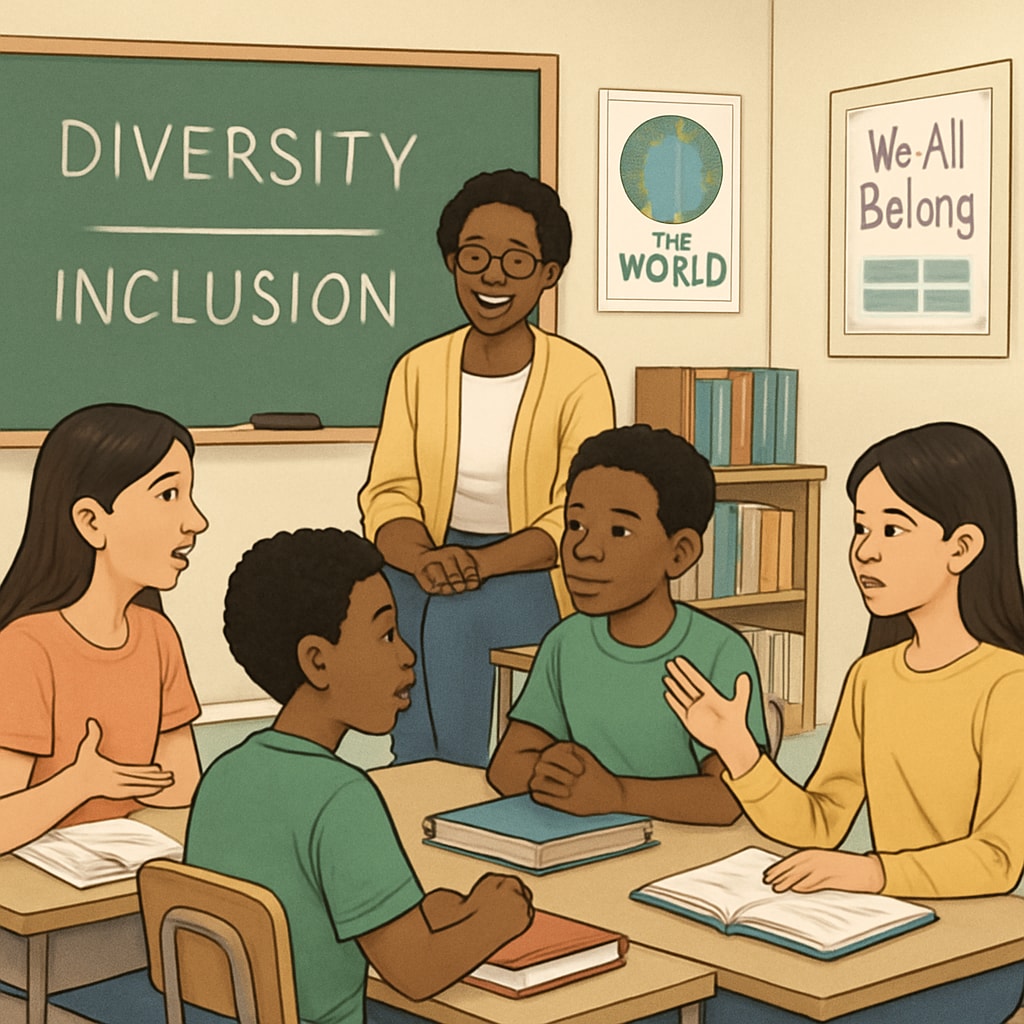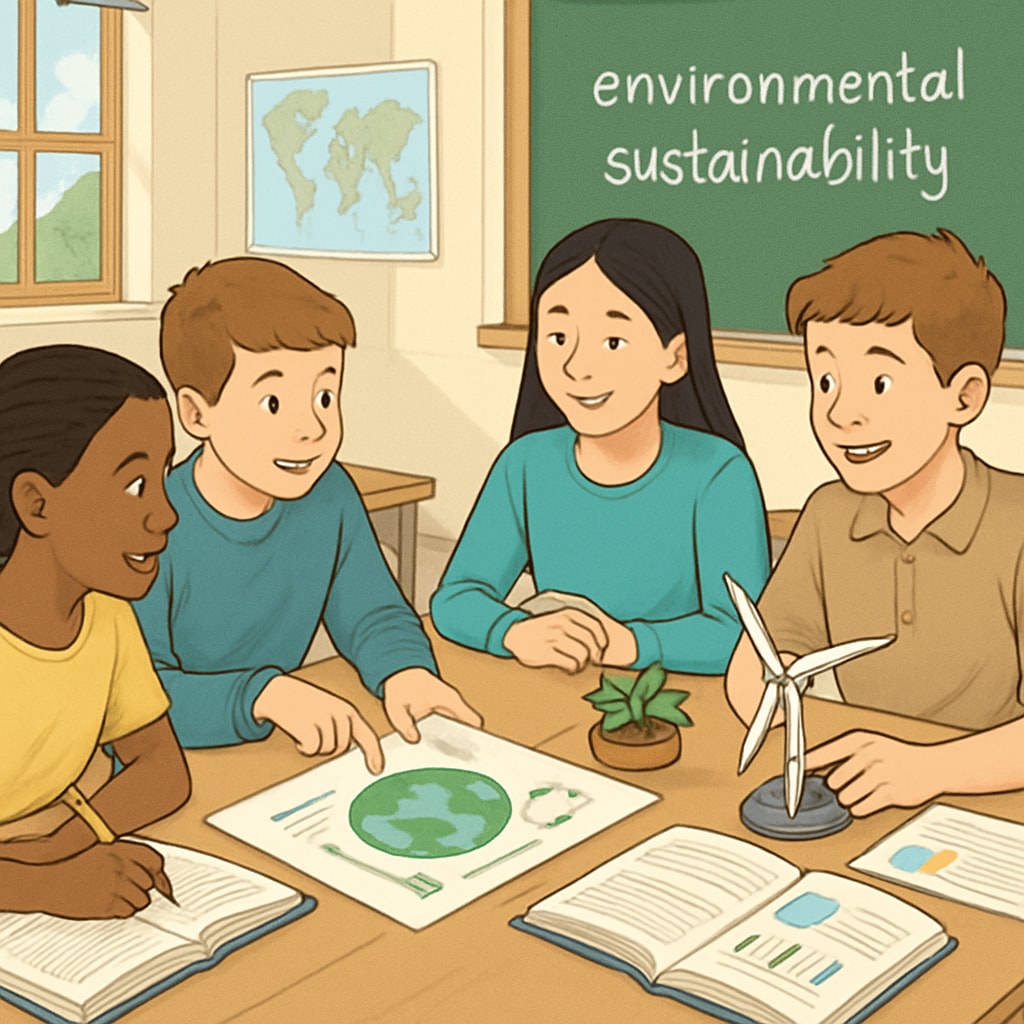In recent years, the concept of “wokeness” has become a defining feature of school environments, particularly in K-12 education. Students are increasingly aware of their schools’ stance on social issues, and their perspectives play a vital role in shaping the discourse around education reform. This article dives into how students perceive “wokeness” in schools, offering insights into their evaluation of institutional awareness and engagement with societal challenges.
The Rise of “Wokeness” in Educational Spaces
Over the last decade, schools have adopted more progressive approaches to address social issues such as diversity, equity, and inclusion. This shift, often labeled as “wokeness,” reflects schools’ efforts to align their curricula and policies with modern societal values. For students, these changes are both impactful and complex.
Many students appreciate schools that actively engage with topics like racial justice, gender equality, and environmental sustainability. They see these efforts as a way to prepare for life in an increasingly interconnected world. However, others express concerns about whether these initiatives sometimes prioritize ideology over academic rigor. This balance between advocacy and education is a recurring theme in student discussions.

Student Perspectives: Benefits and Challenges
Students’ opinions on “wokeness” in schools vary widely, depending on their personal experiences and backgrounds. Here are some common perspectives:
- Positive Impact: Many students feel that integrating social issues into education enriches their learning experience. For example, discussions on historical injustices paired with current events help students develop critical thinking skills.
- Concerns about Bias: Some students worry that certain topics are presented with a singular viewpoint, limiting open debate. They advocate for balanced discussions that include diverse perspectives.
- Relevance to Real Life: Students often view “wokeness” as a bridge to understanding societal dynamics, making them better equipped to navigate future challenges.
These varying opinions highlight the need for schools to strike a balance between fostering awareness and maintaining academic neutrality.

Implications for Future Educational Reform
Understanding students’ perspectives on “wokeness” provides valuable insights for educators and policymakers. Here are some considerations for future reform:
- Inclusive Curriculum Design: Schools can ensure that social issues are integrated into lessons in a way that encourages critical analysis rather than passive acceptance.
- Open Dialogue: Creating spaces where students can express diverse viewpoints fosters mutual respect and deeper understanding.
- Focus on Outcomes: Education reform should prioritize equipping students with skills for problem-solving and civic engagement, rather than merely promoting awareness.
As schools continue to adapt to societal changes, listening to students will be crucial in creating an educational environment that balances advocacy and academic excellence.
Readability guidance: This article uses short paragraphs, active voice, and lists to improve readability. Key ideas are clearly presented with supporting examples, ensuring accessibility for a wide audience.


